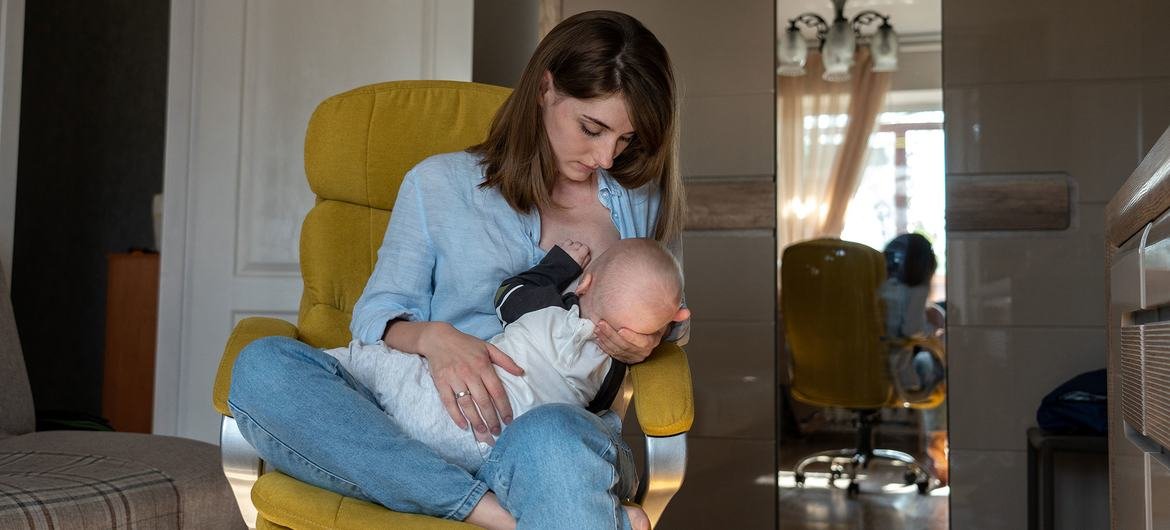World Breastfeeding Week begins with UN agencies highlighting the importance of greater breastfeeding support in workplaces.
In the past decade, exclusive breastfeeding rates have risen by an impressive 10 percentage points, reaching 48% globally, according to UNICEF and WHO.
Encouraging and assisting breastfeeding in workplaces can drive progress towards the global target of 70% by 2030. Evidence shows that supportive workplaces play a crucial role in reversing the drop in breastfeeding rates when women return to work.
“Supportive workplaces are key. Evidence shows that while breastfeeding rates drop significantly for women when they return to work, that negative impact can be reversed when workplaces facilitate mothers to continue to breastfeed their babies,” Catherine Russell, UNICEF Executive Director, and Tedros Adhanom Ghebreyesus, WHO Director-General, said in a statement.
Family-friendly workplace policies, including paid maternity leave, breastfeeding breaks, and designated breastfeeding spaces, benefit working women, their families, and employers. Such policies generate economic returns by reducing absenteeism, retaining female workers, and cutting the costs of hiring and training new staff.
UNICEF and WHO urge governments, donors, civil society, and the private sector to support all working mothers, including those in the informal sector or on temporary contracts, and to provide sufficient paid leave for parents and caregivers to meet their young children’s needs.
Breastfeeding is a scientifically-proven ultimate child survival and development intervention, offering numerous health benefits. It protects babies from common infectious diseases and supports their immune systems, providing essential nutrients for optimal growth and development.
Both UNICEF and WHO recommend initiating breastfeeding within the first hour of birth and continuing exclusively for the first six months.
After six months, children should receive safe complementary foods while continuing to breastfeed for up to two years or more.


